Opera vs Vivaldi: Check Out Our Features & Performance Winner
They have similarities and a few unique features at your disposal
12 min. read
Updated on
Read our disclosure page to find out how can you help Windows Report sustain the editorial team. Read more
Key notes
- In this Opera vs Vivaldi browser face-off, we have compared the browser to different categories to help find the right browser.
- Opera offers a built-in ad blocker, VPN, and built-in social media and streaming apps integration.
- Vivaldi is a Chromium-based browser with an extensive set of features on offer.
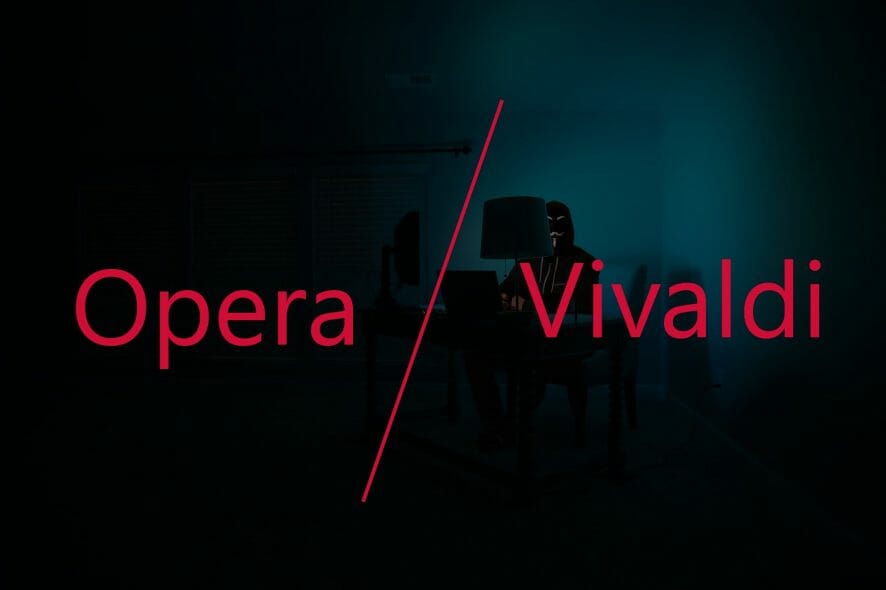
You wonder what browser comes out on top in a Vivaldi vs. Opera comparison. Well, here is all you should know.
Since the success of Google Chrome, many developers have switched to using the popular Chromium browser project.
This open-source browser project now powers some of the most popular desktop browsers, including Chrome and Edge. Opera and Vivaldi are the latest additions to this battle and promise to be more than just tools for browsing the web.
Opera is not a new name on the web. However, the more recent version based on Chromium is gaining traction among desktop users. Vivaldi, although six years old now, is relatively new. But, due to its unique features, it can compete with the Opera browser.
Both browsers try to offer more features, a highly customizable UI, and optimized system resource usage. Even though not as popular as their counterparts from Microsoft and Google, the new features are enticing, specifically for power users who do most of their work from the web browser.
Both browsers are frequently on our best browsers for Windows lists, so it’s not unusual to compare the two.
If you are considering switching to one of these browsers, this article should help. In this article, we have compared the two feature-rich browsers in terms of design, performance,
Which browser has a built-in VPN?
There are so many modern browsers, and many of them incorporate VPNs as part of their security and privacy. This feature is usually disabled by default in many of these browsers.
However, if you are looking for a browser with a built-in VPN, here are some you must consider:
This is not an exhaustive list but just some of our go-tos.
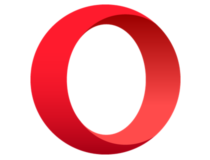
Opera
Take advantage of this private browser with an efficient VPN that guards your digital presence.Which is better, Vivaldi or Opera?
Design
Opera and Vivaldi are powered by the Blink rendering engine, which means you are most likely to find some similar bits, if not identical. The design language is one of those bits.
Opera, by default, uses a light theme that you can change from the personalization settings. On the other hand, Vivaldi has multiple themes on offer and uses a red theme right of the box.
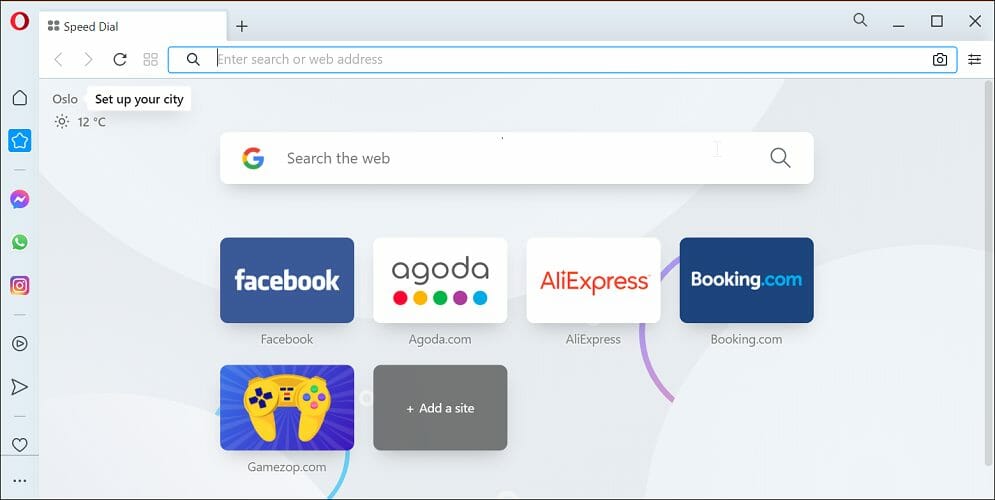
You can download more themes for your favorite browser from the store. However, Vivaldi takes the personalization aspect of the browser a notch higher.
You can select one of the nine predefined themes in the Vivaldi themes tab.
Once you choose the theme, you can customize the background with wallpapers, change the image position, make a color adjustment, enable Razer Chroma and Philips Hue Integration, and even schedule themes to change automatically after a specified time.
Both browsers’ URLs and search bar are in the top left corner. Right-click on the tabs, and you will see the tab menu with more options than on other browsers.
On Vivaldi, hovering over the open tabs will show a small preview window, making it easier to identify the correct tab when juggling multiple tabs.
If you have used Opera or Vivaldi before switching to another browser, you will notice a few differences in the layout, icons, and overall design. Another difference is the default search engine these browsers use.
While Opera has stuck with Google, Vivaldi uses Bing as the default search. Fortunately, you can change the search engine as per your preference in the search settings.
Opera vs Vivaldi performance overview
Since the same rendering engine underpins both browsers, you can expect them to perform similarly. Whether browsing the web page or streaming video, essential functions work smoothly on both browsers.
To compare the browser in-depth, we ran the browsers through some benchmarking websites to check their compatibility, speed, and performance.
For our first test, we used the popular HTML5Test benchmarking website. It checks and scores the browser depending on how well the browser supports HTML5 in multiple categories.
Opera scored 526 out of 555, and Vivaldi scored slightly better at 528. The minor increment in Vivaldi’s test is negligible, as both browsers use HTML5 equally well.

For the next test, we used JetStream2, a popular JavaScript and WebAssembly benchmark suite that scores the browser depending on how fast it starts up, executes code, and runs smoothly. Here Opera browser narrowly beat Vivaldi after a rigorous test.
Similar patterns were seen with the Kraken benchmark, where Opera beat Vivaldi narrowly. However, in today’s use, you are unlikely to notice any difference in both browsers.
As for Opera vs Vivaldi RAM usage, while testing browsers on a single page, we determined that Opera used 330MB while Vivaldi used 200MB. This isn’t a major difference, and you probably won’t notice it on any modern PC.
What also helps is that Opera and Vivaldi come with a built-in ad blocker, which removes the need to add a third-party adblocker extension. We will cover more on this in the features section below.
Features
If you have only used Chrome and Edge recently, you will be surprised to see how Opera and Vivaldi have consciously decided to focus on better browser features.
These browsers are not just web browsing tools as they have consistently pushed to include more and more productivity features into their browser.
Ad Blocker
Both browsers have some identical features, such as the adblocker. However, even though you get a built-in ad blocker on both browsers, none have it enabled by default.
In Opera and Vivaldi, click the Shield icon to enable or disable the ad blocker for a current open webpage. To enable it for all the web pages on Opera, click the Easy Setup icon on the top right corner and enable an ad blocker under the Privacy and Security section.
You need to go a little deeper to access these settings on Vivaldi. To enable the ad blocker, open Settings, go to Privacy, and choose Block Tracker and Ads option. You can block only the tracker and let the ads run.
Power users can also create an exception list to manage blocking levels per site in Vivaldi and Opera.
Sync
Switching from Chrome, Firefox, or Edge browser to Opera or Vivaldi is easy. To get started, you can import and sync all the data, including your password, URLs, bookmarks, history, and more.
Tab Management
Opera has the traditional tab manager where all the open tabs are stacked on the browser; however, Vivaldi has tab customization options like no other.
To start with, you can change the tab bar position by stacking the tabs on the left or right sidebar or at the bottom. You can also change the active tab minimum width, enable or disable popup thumbnails, detect page title notifications, customize the page load progress bar, and change new tab positions.
There is an option to change tab stacking to enable Two-Level stacking that allows tab grouping. This is a great way to organize the tabs on devices with smaller displays. In addition, clicking on the Trash icon on the toolbar will show you recently closed tabs that you can restore.
Then there is the Tile tabs option to view all your tabs on a split-screen. Excellent for research work as you don’t have to juggle between two tabs consistently to gather the information.
Vivaldi’s other tab management features include the option to search your open tabs, save tabs for later, hibernate tabs to reduce the load on your system resources, and more.
VPN and ad blocker
Opera has some features that Vivaldi doesn’t offer. One of them is the built-in VPN. It allows you to browse the web anonymously without being tracked by your internet service provider and unblock region-restricted websites.
Opera also offers a premium VPN that allows you to connect to over 3000 different servers in 30 countries around the world.
Ad blocker is available on both browsers. Although not enabled by default, you can easily enable it from the settings.
Additional features
You will find the ability to customize the basic keyboard shortcuts and the trackpad gesture on both browsers helpful. In addition, you create new hotkeys as per your preference to add speed dial, navigate, create bookmarks, clear history, and more.
Vivaldi has a dedicated tab to customize mouse gestures and keyboard shortcuts; You can reconfigure the gestures, adjust sensitivity, and enable rocker gestures.
When you open Opera, you will notice a few apps stacked on the sidebar. It consists of integrated social media, streaming, and entertainment apps.
You can log in to Twitch, Reddit, Discord, stream audio from YouTube Music, Apple Music, and even chat on Facebook Messenger and WhatsApp directly from the web browser.
My Flow is another Opera exclusive that you can access from the side panel. It allows you to connect all your devices with My Flow to send messages and files between your mobile and desktop.
Of course, you must have the Opera browser installed on your Android or iOS smartphone to use the service. It’s a convenient feature for those who frequently switch between their smartphone and PCs.
Opera also has Pinboards feature that allows you to save websites, notes, and screenshots for quick and easy access.
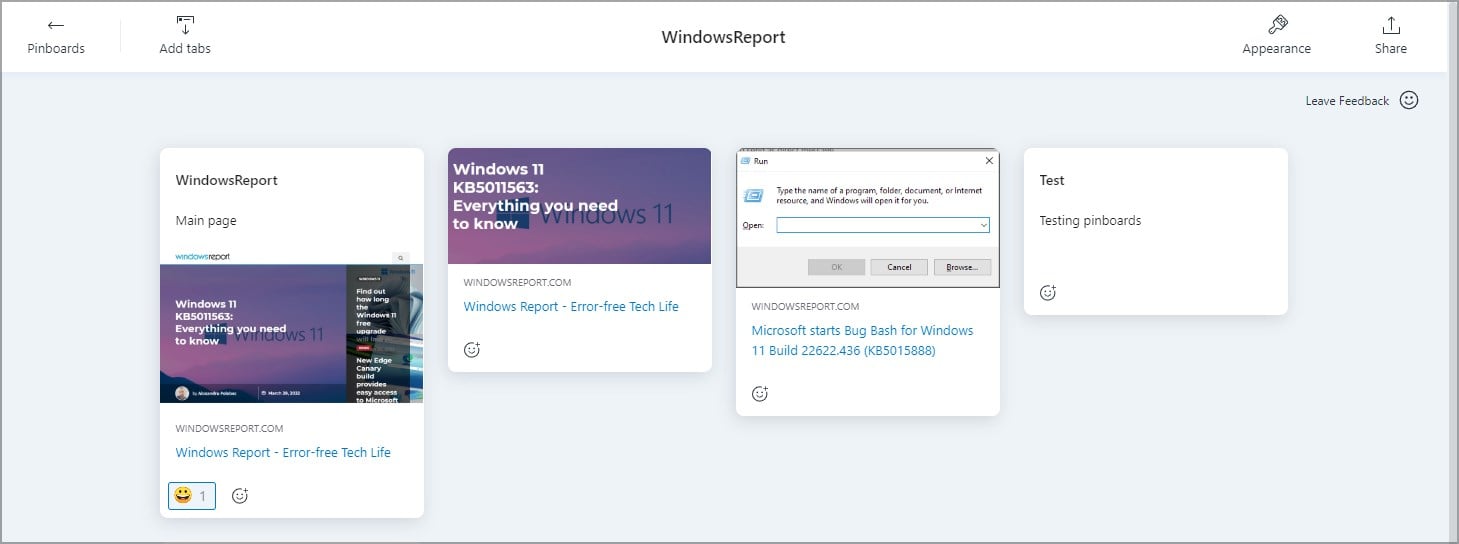
There are plenty of additional features Vivaldi offers that you will not find on Opera. Most of them are customization features that can improve your productivity.
The Quick Commands feature on Vivaldi allows you to execute commands with the F2 shortcut key. You can open calculators, bookmarks, notes, browsing history, extensions, and page actions.
Another exciting feature of the Vivaldi browser is the ability to create a QR code for any web page. If you don’t want to spam people with links, create and download the QR code and send it to your contacts.
Vivaldi also has a couple of hidden features, including a built-in mail client, RSS reader and calendar. These features are disabled by default, but you can enable them from settings.
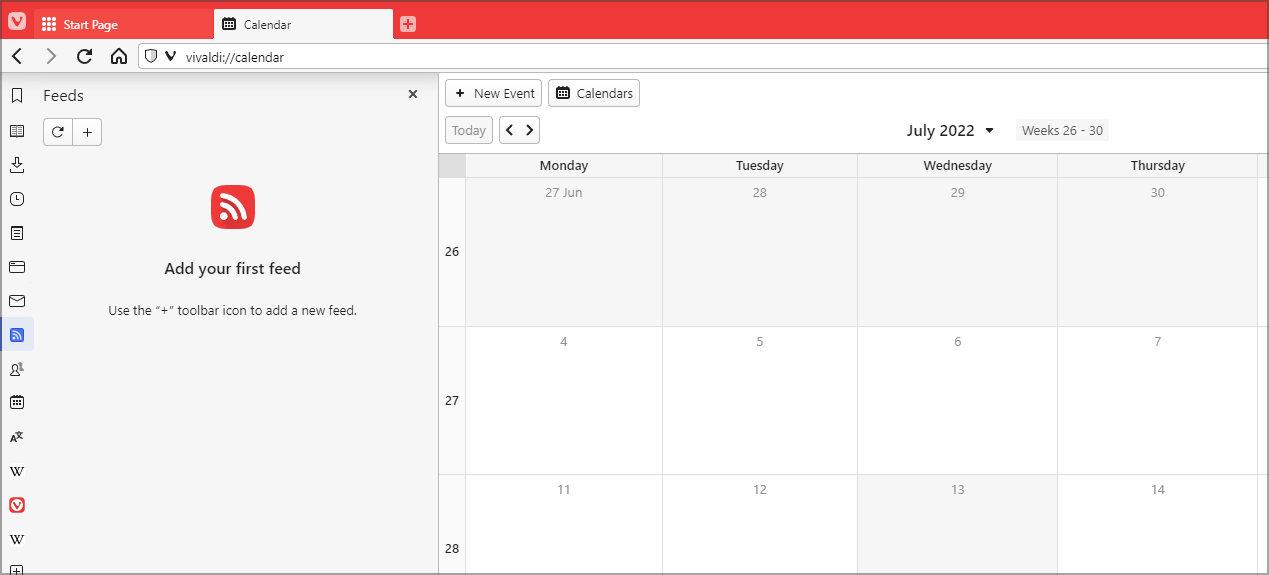
Cross Platform and Extension Support
Regardless of your browser, you can find them on all the major platforms. Vivaldi supports Windows, OSX, Linux, iOS, and Android platforms. Opera supports all these platforms and offers a version for feature phones.
Extension support and availability are other strengths of these browsers. Chrome Web Store was among the major reasons behind the success of Google’s browser. Chromium browsers like Opera and Vivaldi have access to almost all the Chrome Store extensions.
You can go to the Chrome Web Store on Vivaldi, search for an extension, and install it without any issues. However, Opera requires you to install a support extension to install and use Chrome Store extensions. Opera also has its extension store if you want more.
Opera vs Vivaldi privacy comparison
Privacy and security are one of the most important aspects of modern browsers. Opera may have an advantage over Vivaldi regarding privacy. These are among the only major browsers with a built-in ad blocker.
However, Opera also includes a built-in VPN client that you can use to browse the web without compromising sensitive information.
If having a VPN client is a prerequisite in a browser, Opera is a better choice. Besides the shiny features under the hood, most privacy settings remain the same. You can control the site settings and change tracker settings, but only Vivaldi offers three levels of tracking protection.
Vivaldi vs. Opera vs. Chrome
While we have made a detailed comparison between Opera and Vivaldi, it is nice to throw Chrome into the mix and see how they stack up, especially since Chrome is the most used browser.
To start with, Chrome beats these two browsers in expandability. If you have a feature you wish to include in your browser, Chrome probably already has a plugin for this.
However, Vivaldi and Opera stack pretty well in every other aspect. Also, since Vivaldi is built on the same engine as Chrome, it can use extensions from the Chrome store.
Google owns Chrome, and they have been notorious for data leaks, which also tilts the scale in favor of Opera and Vivaldi.
But of all, the most significant factor is resource use.
Chrome also lags on a Chrome vs. Vivaldi vs. Opera RAM comparison. So if you are looking for a lightweight browser to work on virtually every machine, you will want to stay clear of Chrome and instead work with Opera or Vivaldi.
In an Opera vs. Vivaldi battle, it is a matter of preference!
Opera and Vivaldi are excellent browsers and go neck to neck in performance, stability, security, and privacy options. While Opera offers a built-in VPN and integration with popular streaming, social media, and entertainment apps, Vivaldi is yet to consider these options.
However, Vivaldi is no slouch either, as it offers its unique side panel where you can add your favorite streaming services and any other website as a web app. Vivaldi’s most significant advantage is its extensive set of features unseen on any other browser.
Is Vivaldi browser better than Opera?
In terms of customization, Vivaldi is the most advanced browser that we used, so in that regard, it’s better than Opera. However, in terms of functionality, there are quite similar.
We would say that Opera offers more features that regular users might like, which makes it a better choice for the majority of users.
So which browser should you choose? Having many features doesn’t make the browser the better choice always.
If you want a browser with social media and streaming app integration, VPN, and a built-in ad blocker, Opera is a better choice. Take both the browsers for a spin to better understand which browser meets your requirement best.
This concludes this guide and the comparison between these two great browsers. If you liked this review, you should check out our Vivaldi vs. Opera GX vs. Brave review as well.
What is your browser of choice? Let us know in the comments section below.
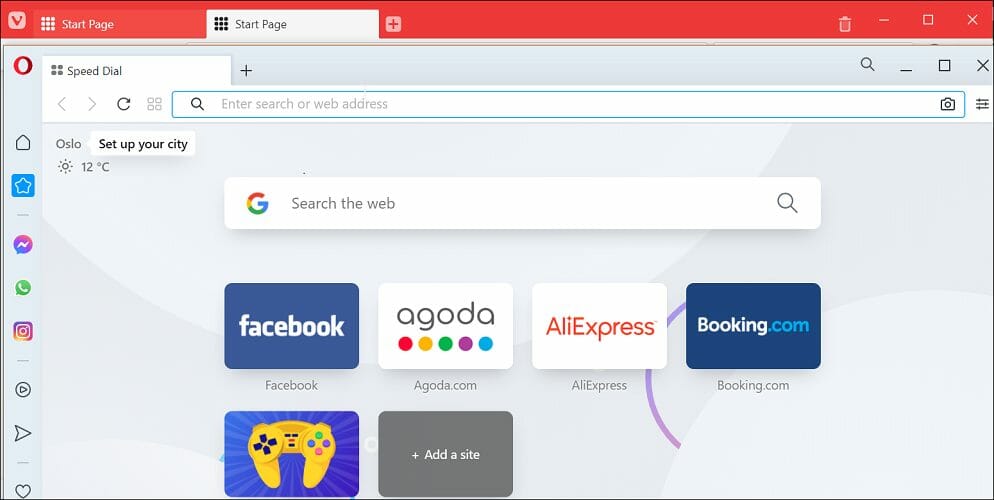
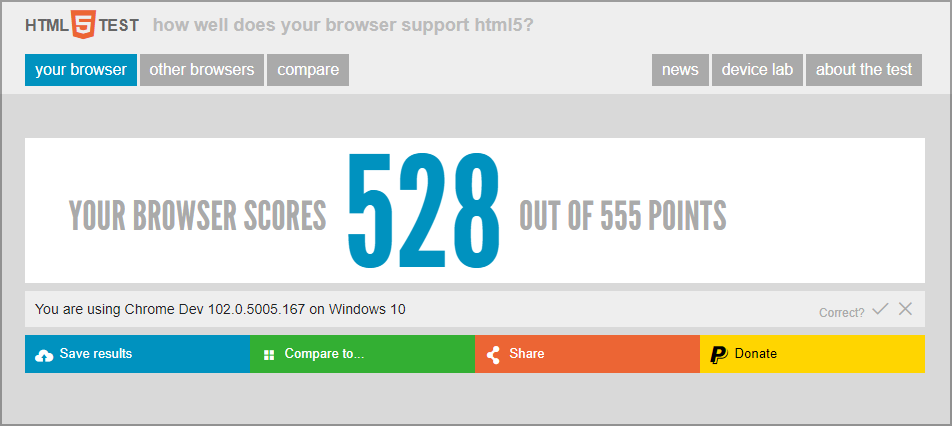
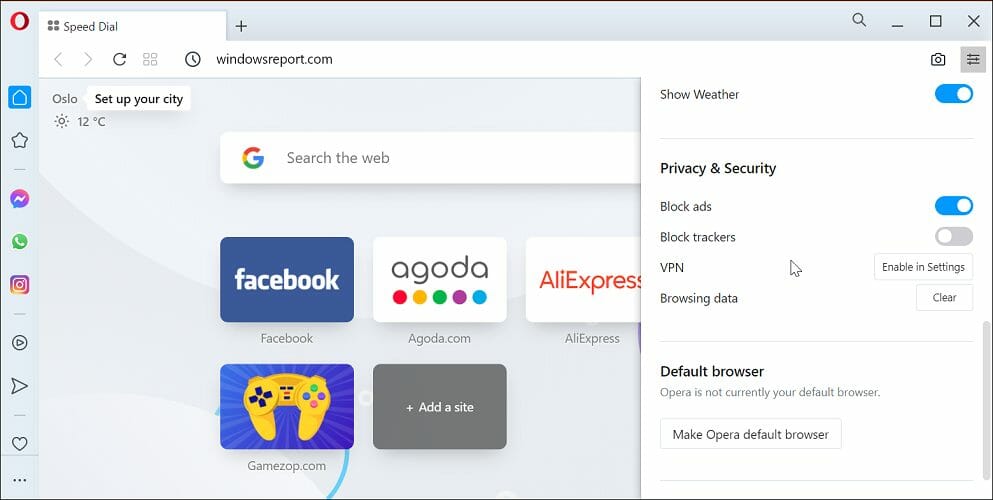
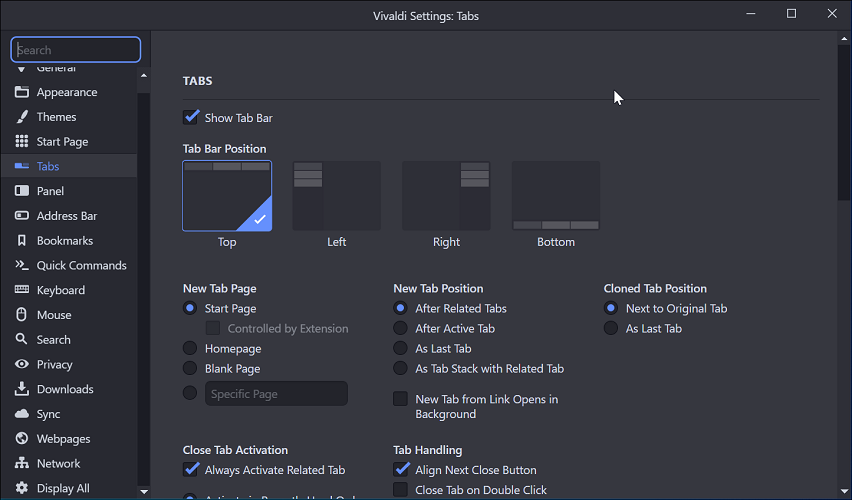
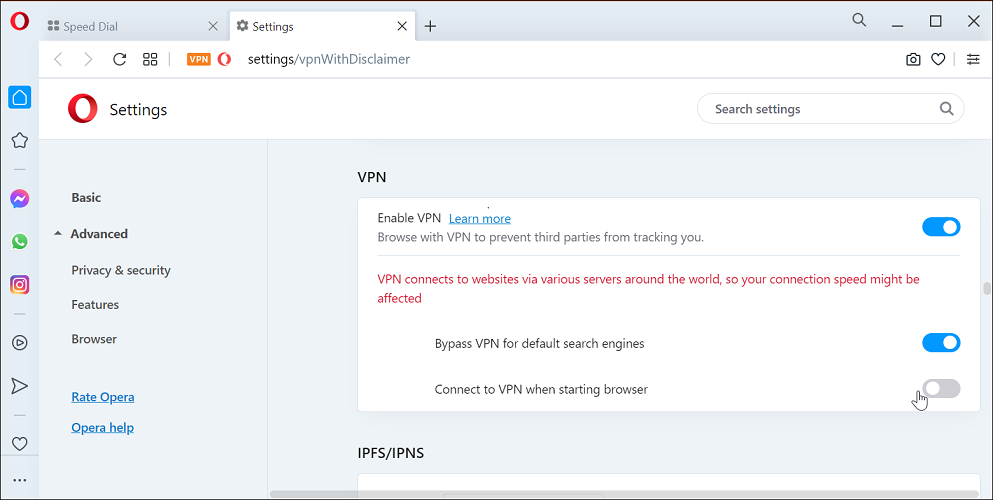
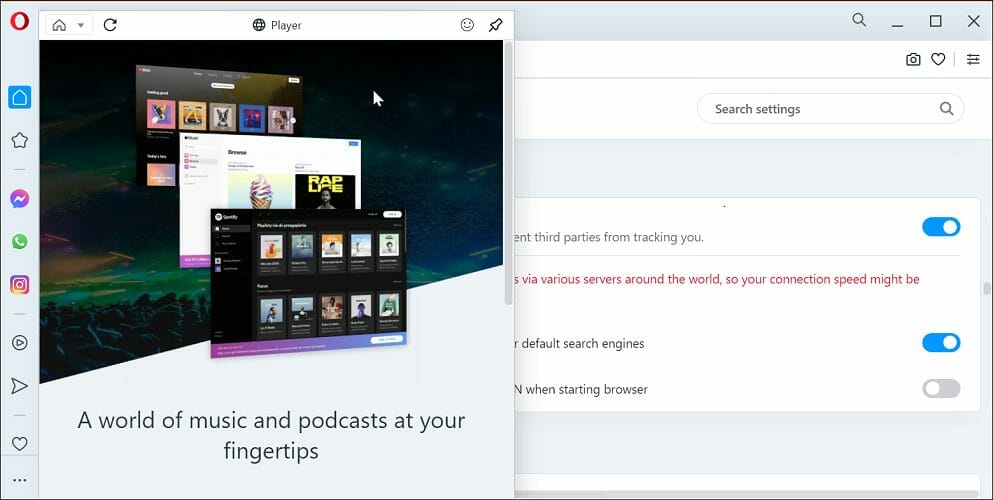
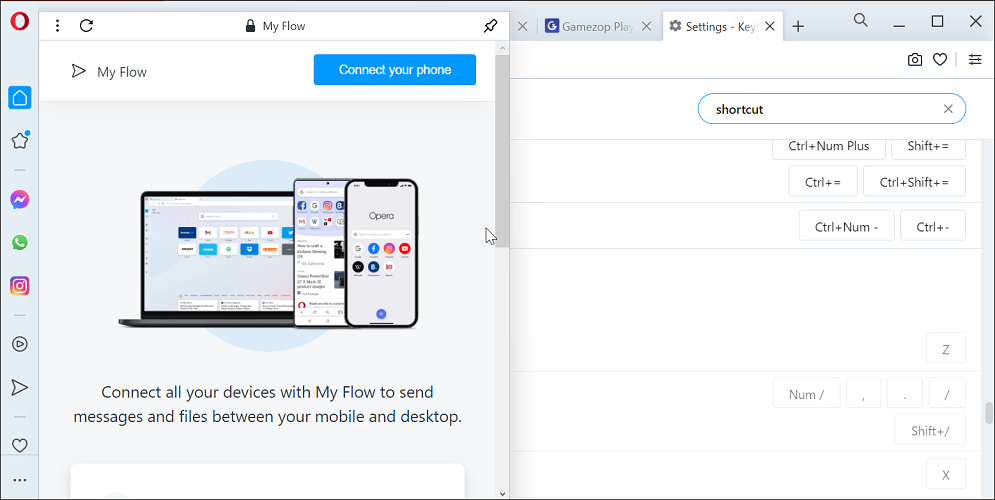
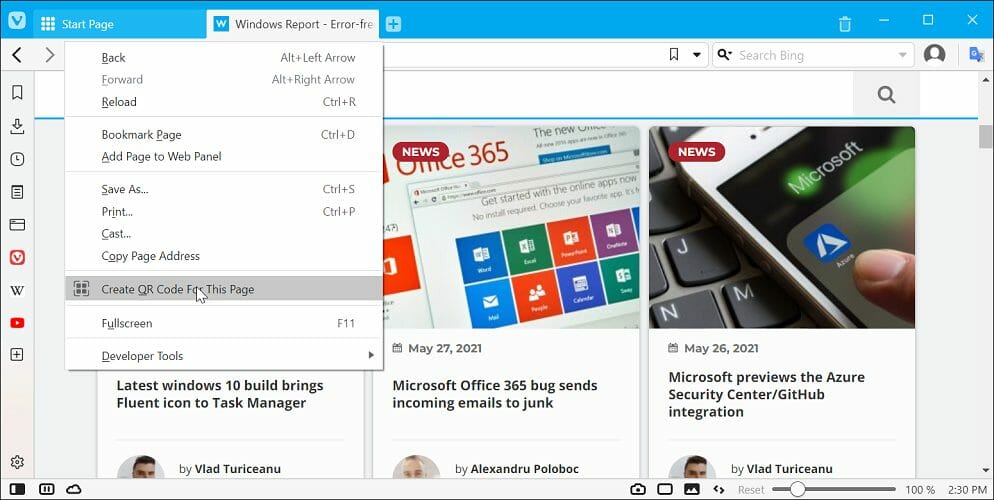
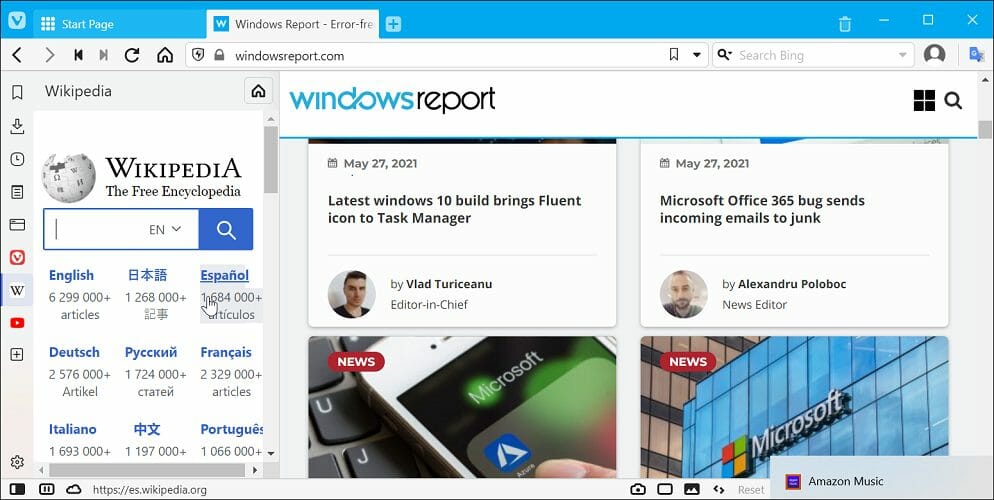
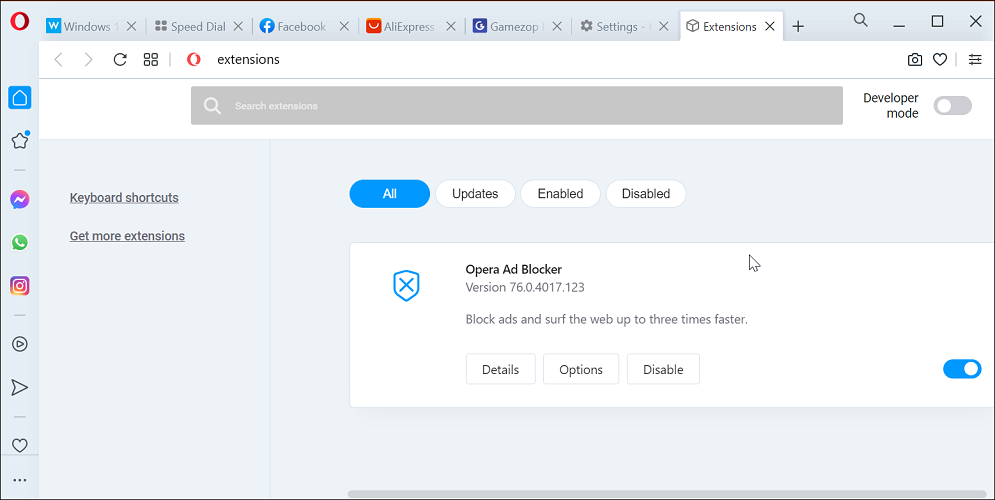
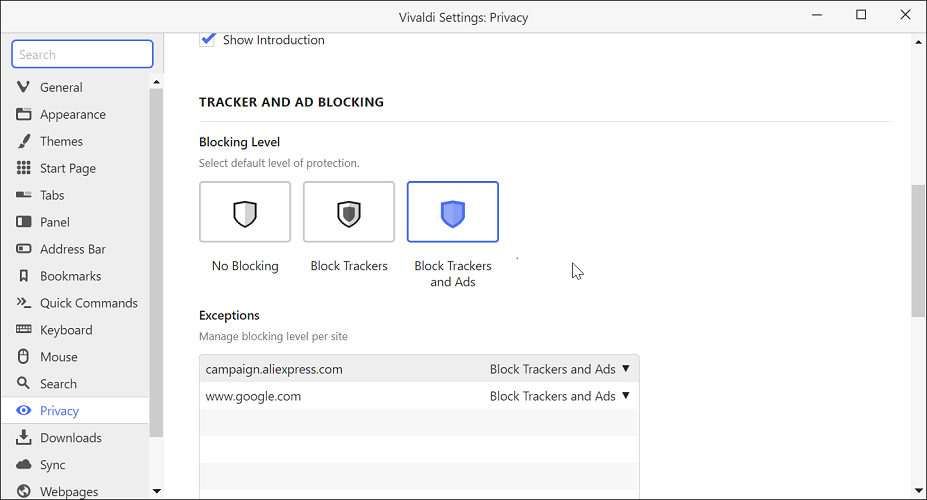
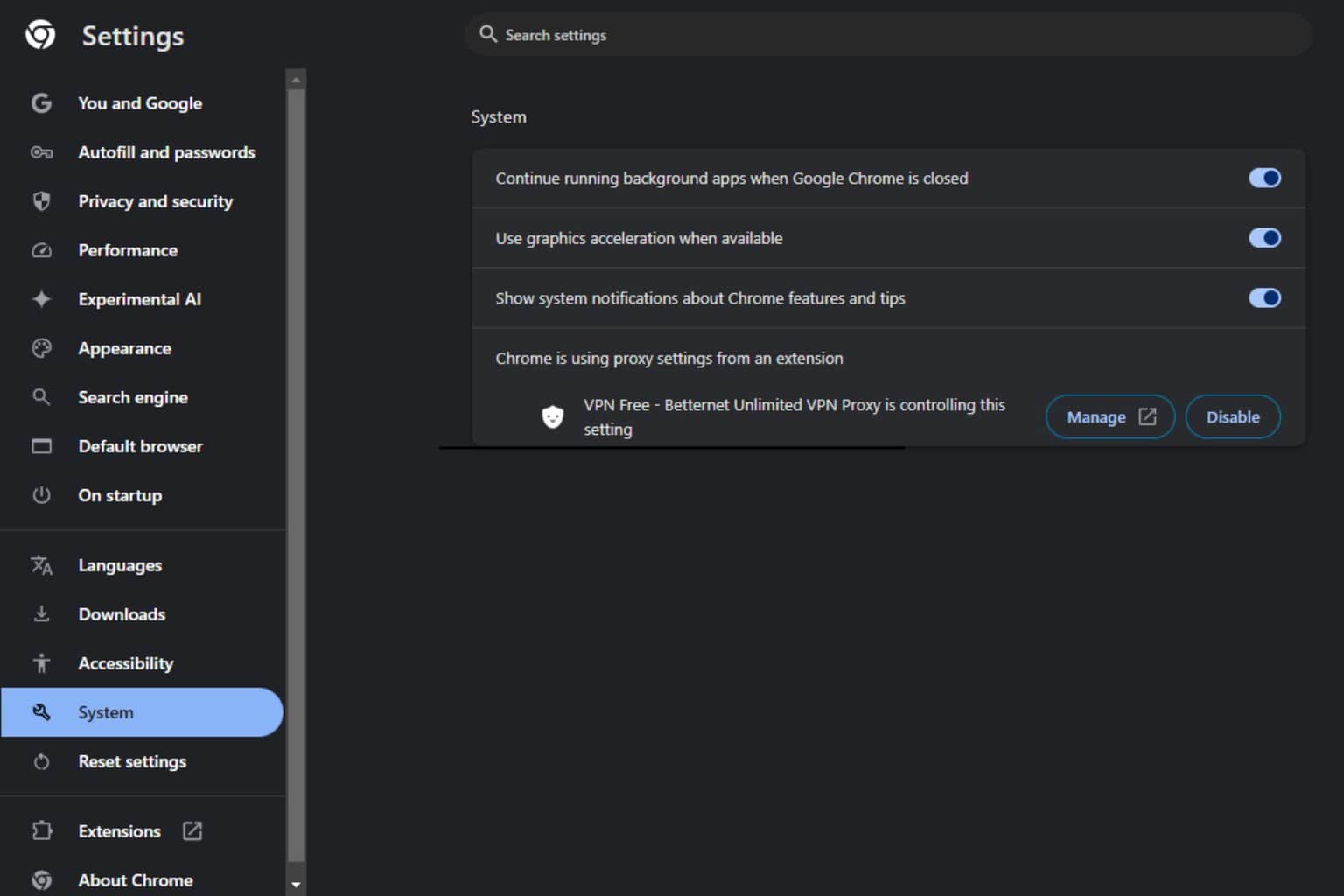
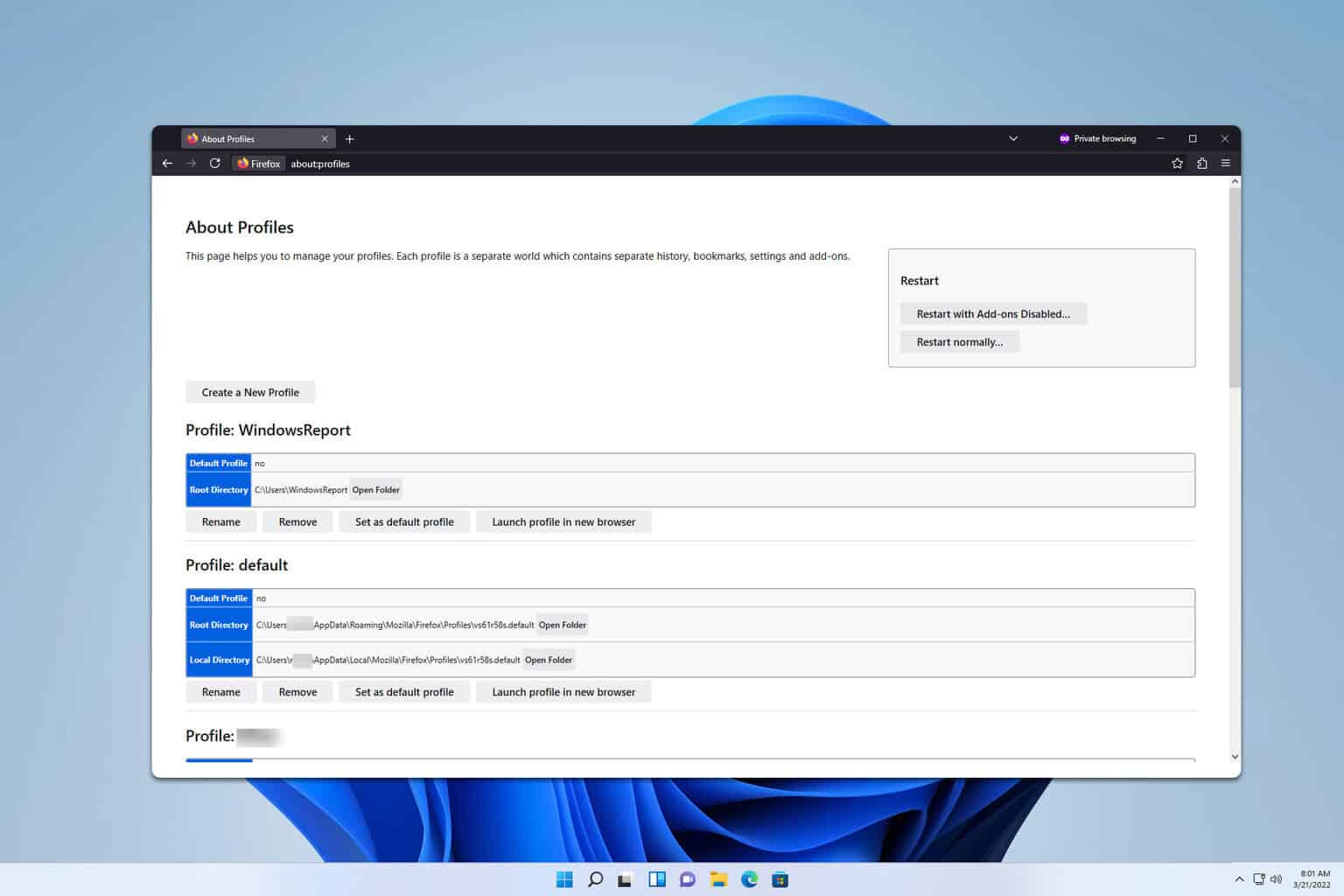
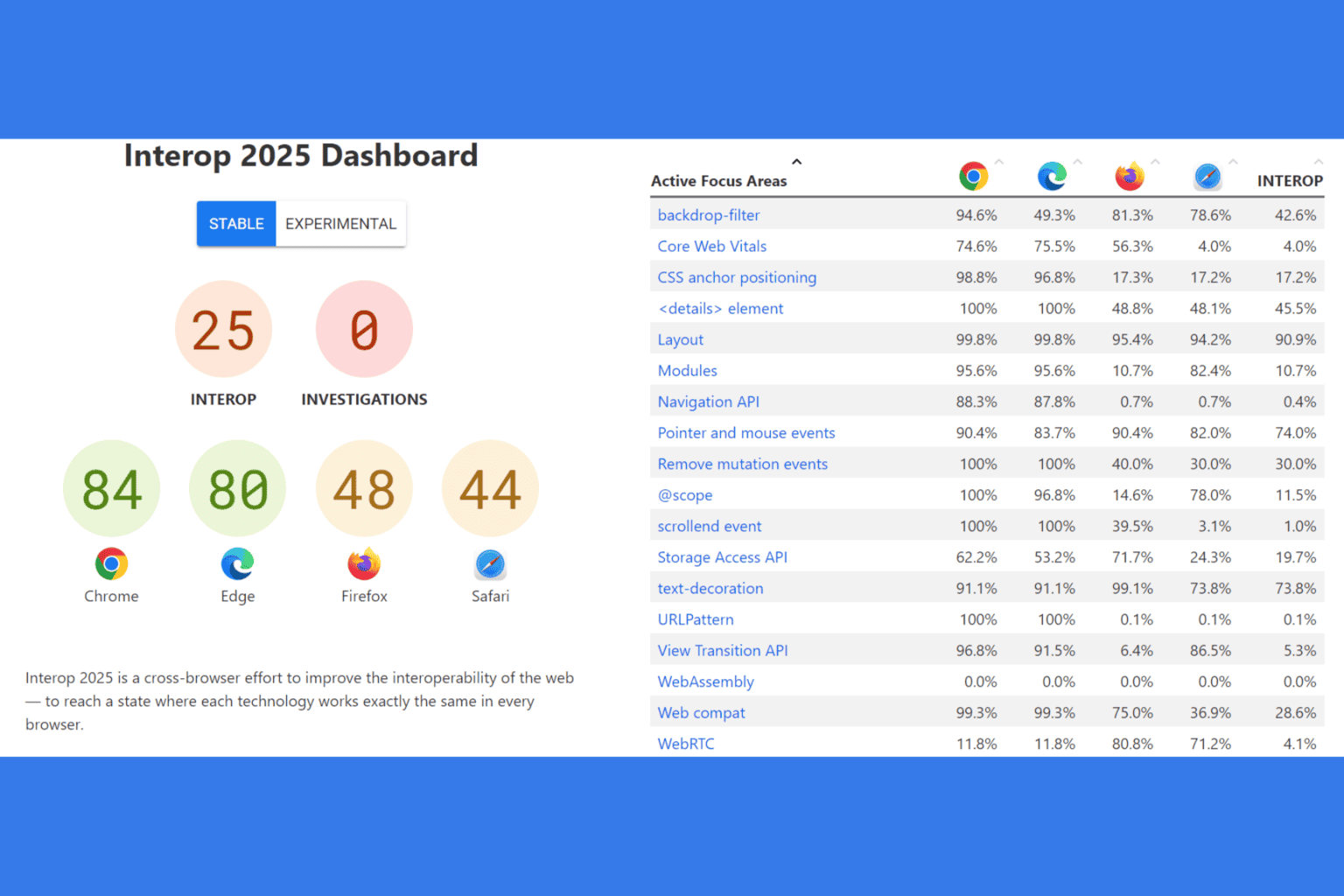
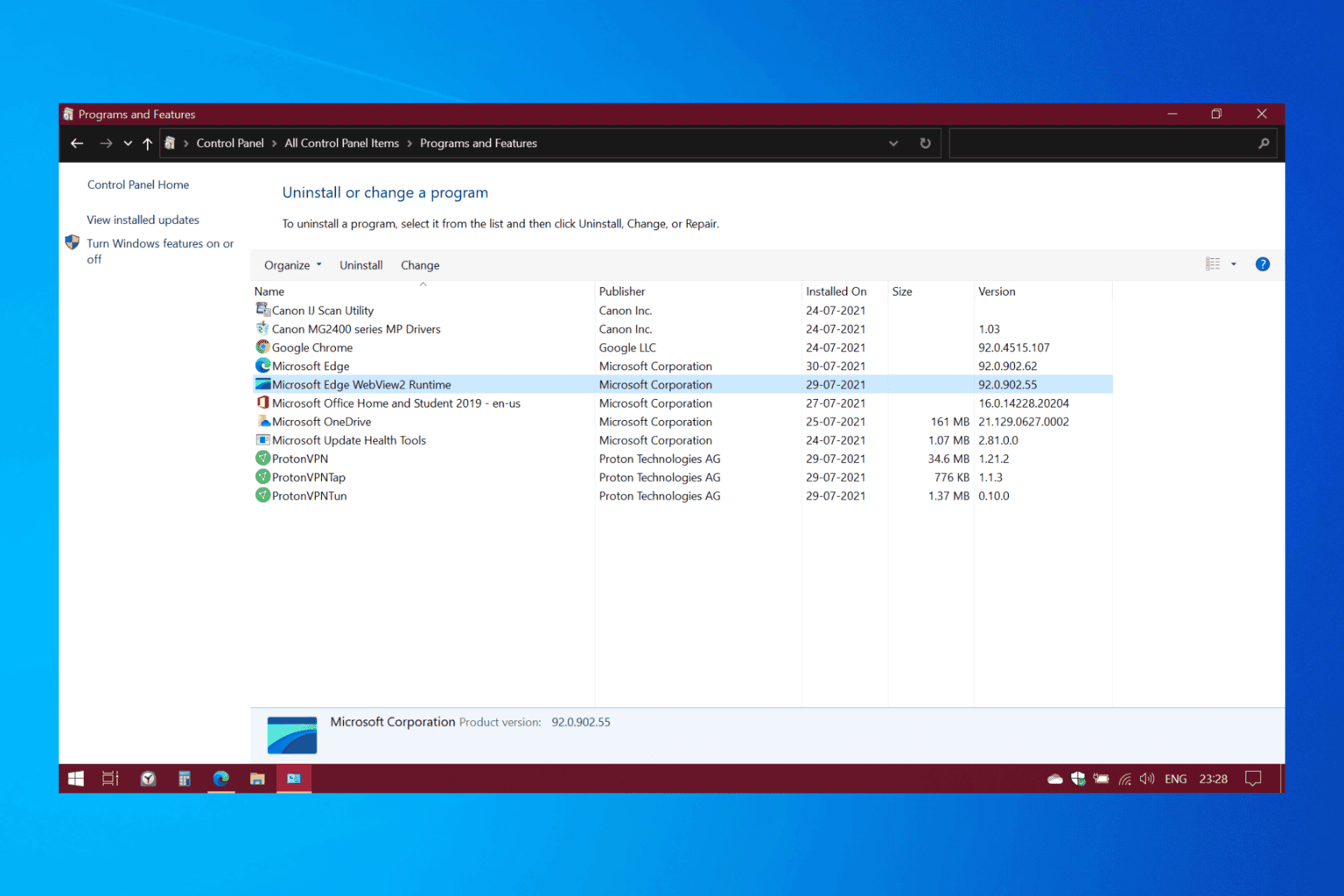
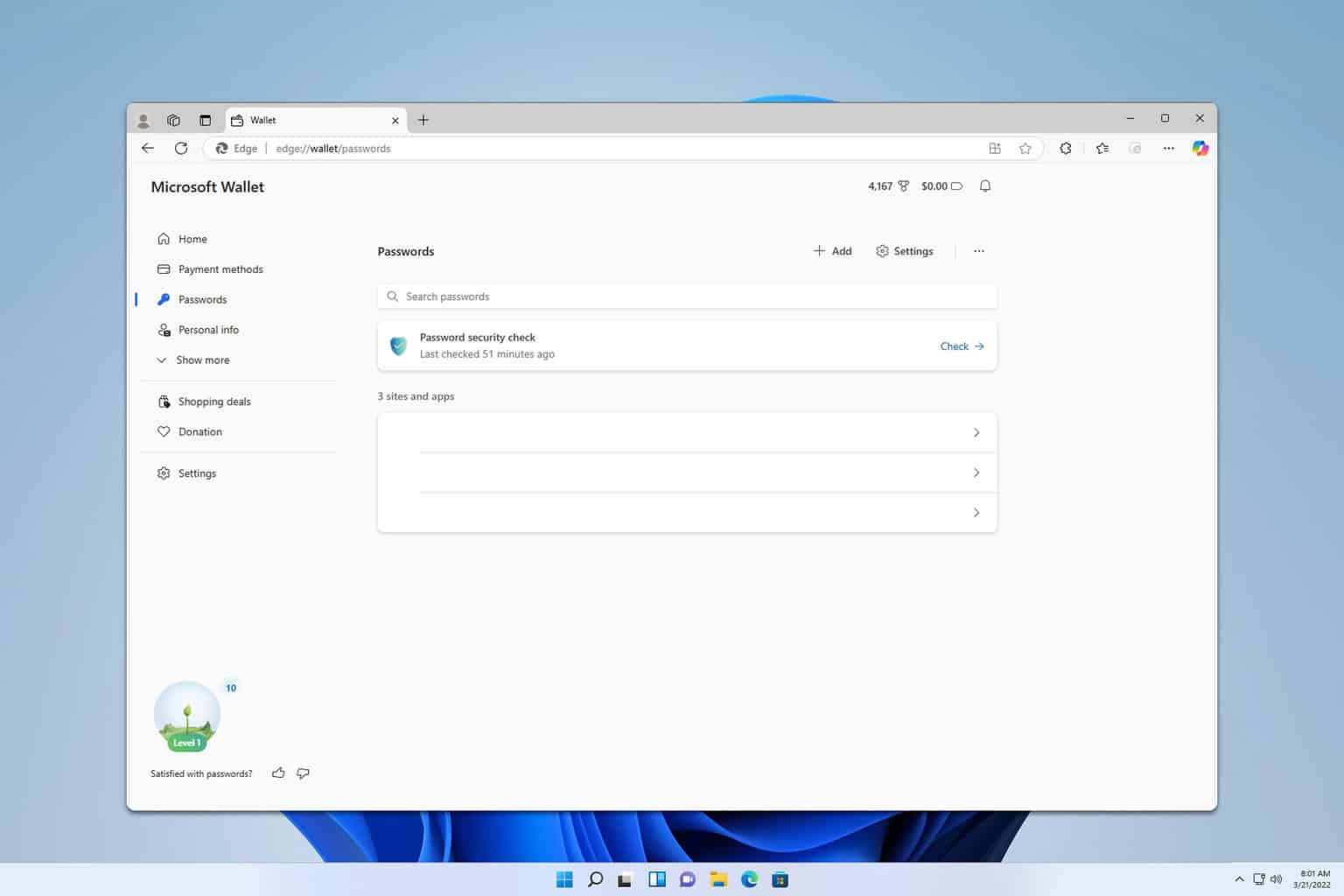
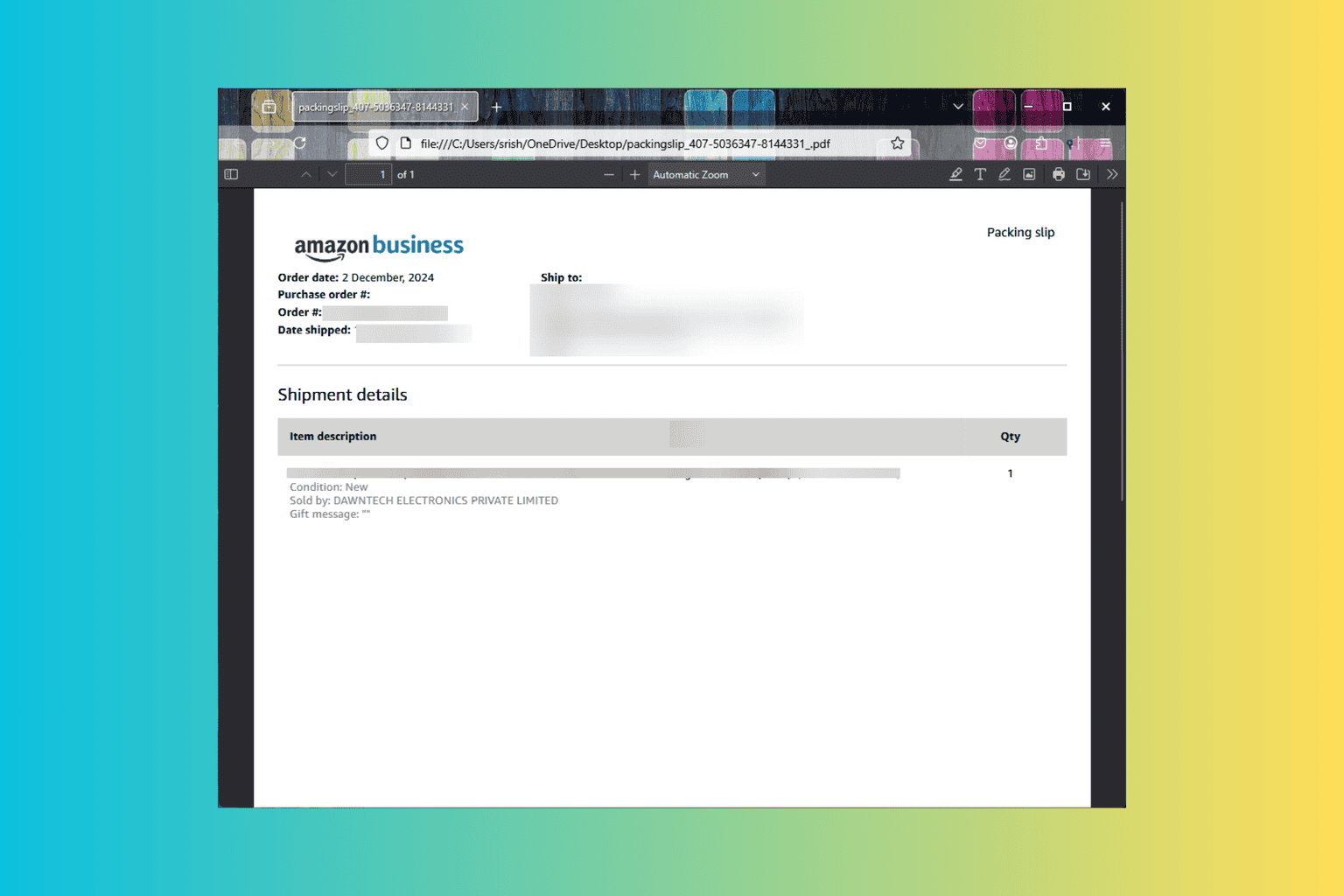
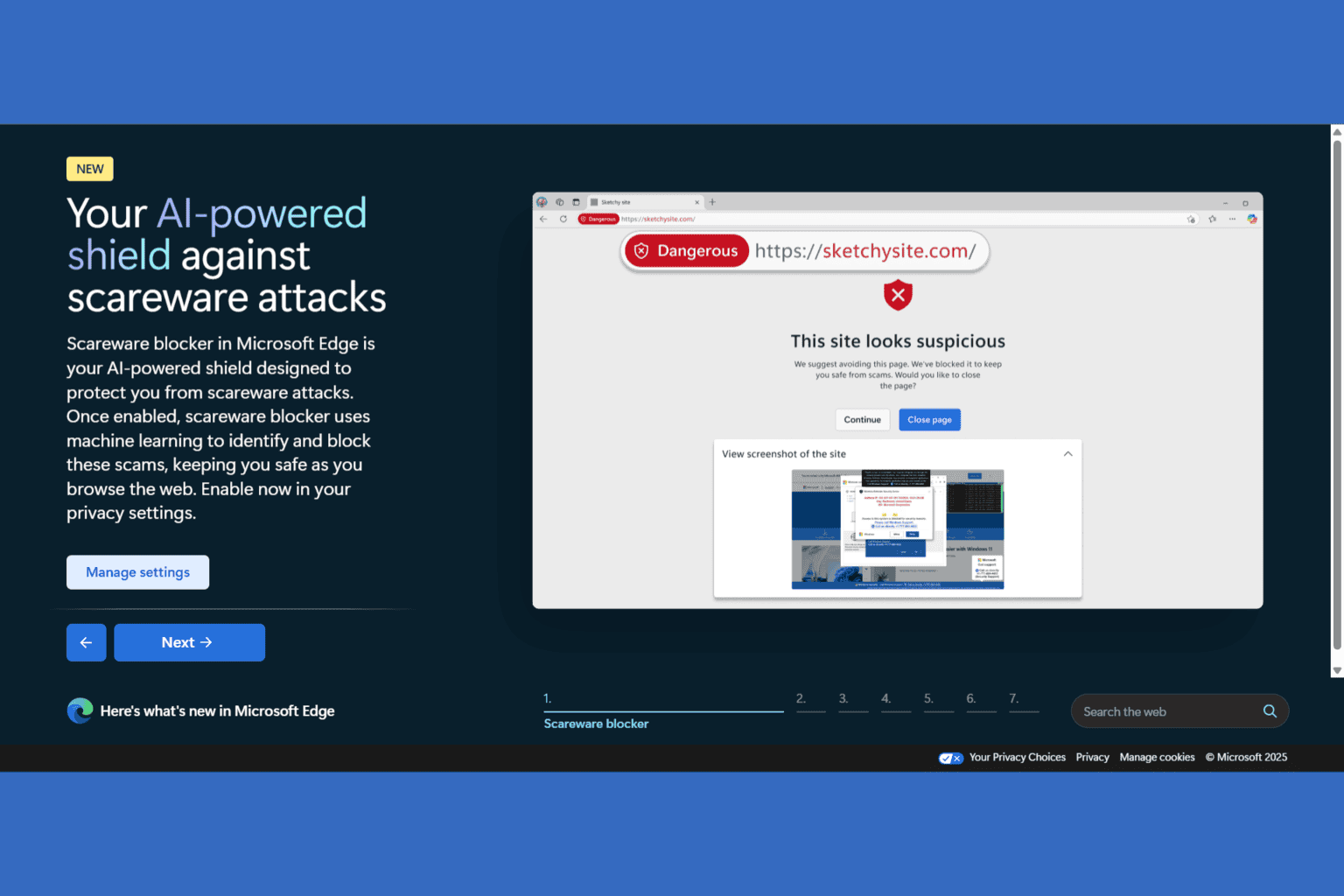
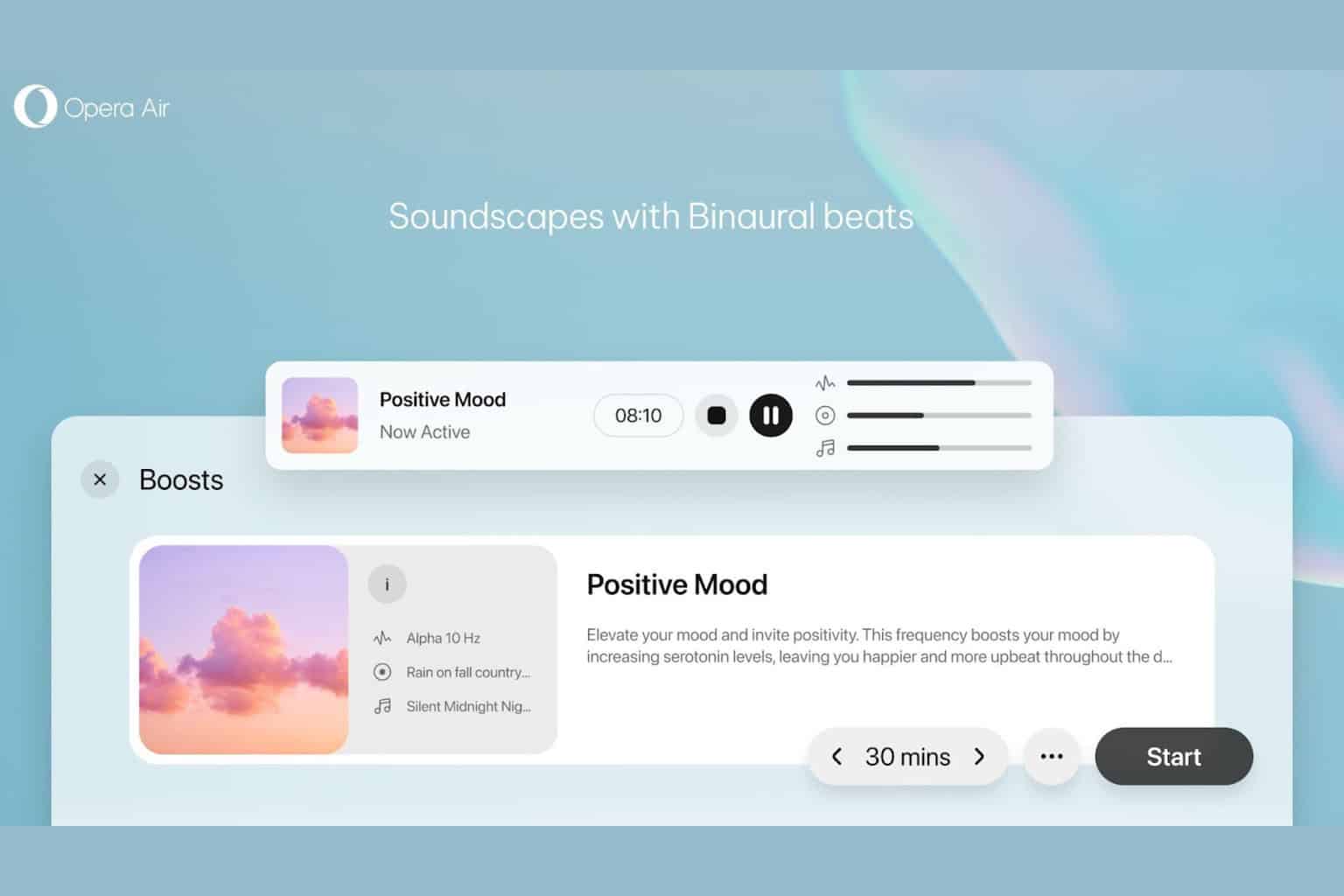
User forum
1 messages